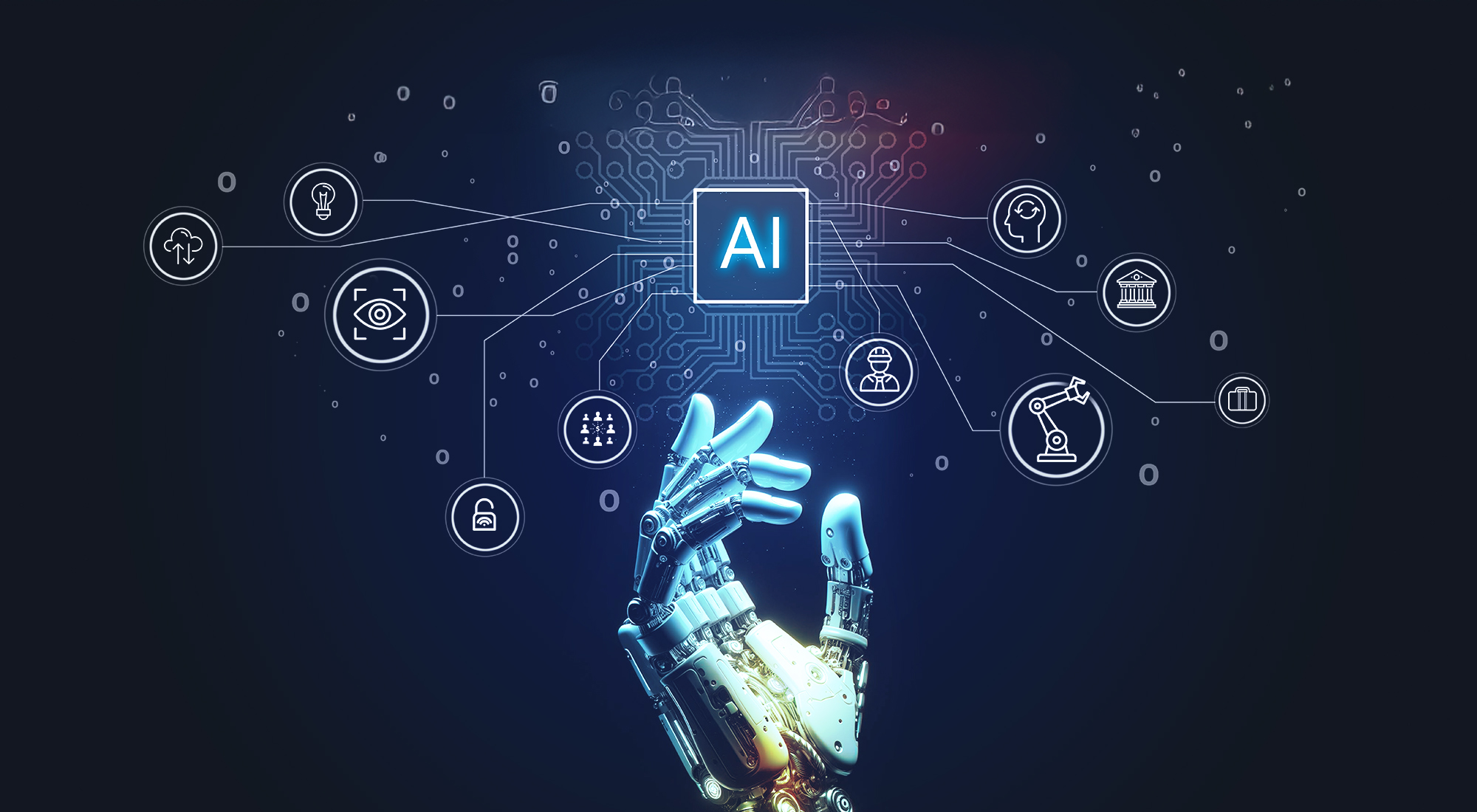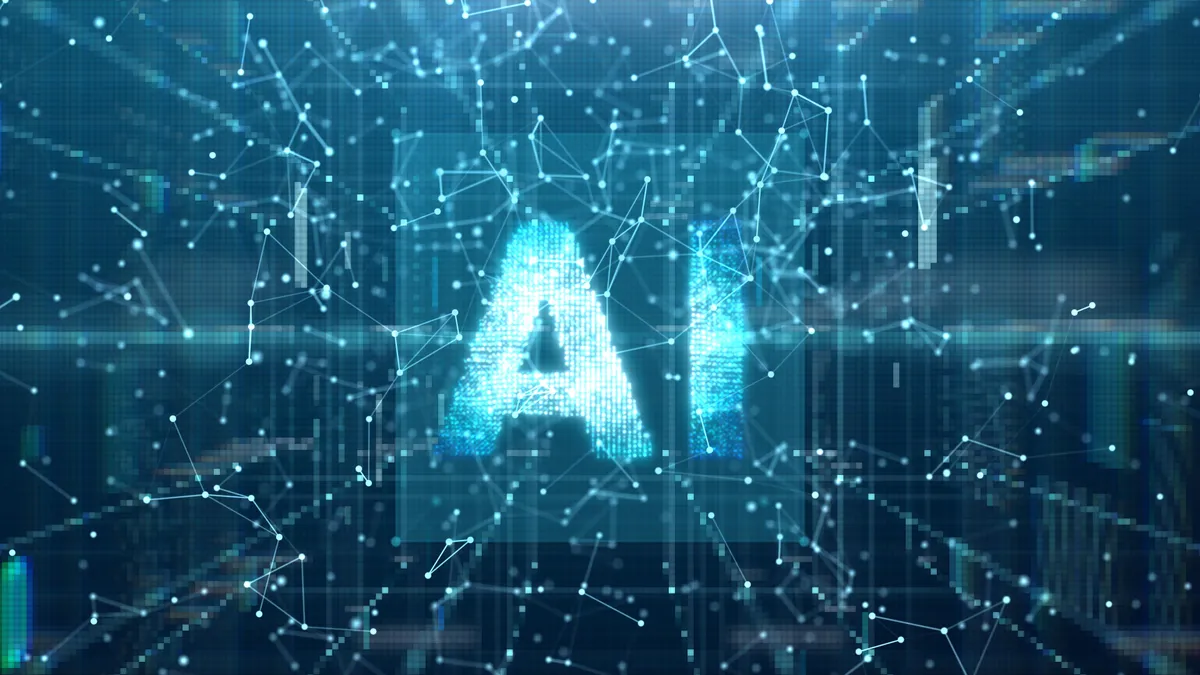Did you know that by early 2025, over 73% of Canadian businesses have started using some form of artificial intelligence in their daily operations? This number has grown incredibly fast from just 45% in 2023. AI isn't just something we see in movies anymore - it's everywhere around us, from the apps on our phones to the way hospitals treat patients.
Artificial Intelligence might sound super complicated, but it's actually becoming a normal part of our lives. Whether you're thinking about studying it in university or just curious about how it works, understanding AI is becoming as important as knowing how to use a computer. This guide will help you understand what AI really is, how it's changing things in Canada, and what opportunities are waiting for students who want to learn more about it.
We'll explore the main types of AI technology, look at real examples of how Canadian companies are using it, and discuss what kind of courses and career paths are available. By the end of this article, you'll have a clear picture of why AI is such a big deal and how you can be part of this exciting field.
Understanding the Building Blocks of AI
Artificial Intelligence is basically teaching computers to think and make decisions like humans do. But instead of having a brain, computers use algorithms and tons of data to learn patterns and solve problems. Think of it like teaching a computer to recognize your face in photos - you show it thousands of pictures, and eventually it gets really good at spotting you.
The most important part of AI is something called machine learning. This is where computers learn from examples without being specifically programmed for every single situation. According to Dr. Sarah Chen, a computer science professor at University of Toronto, "Machine learning is like giving a computer the ability to learn from experience, just like how humans get better at things through practice."
Machine Learning in Action
Machine learning has three main types that you should know about. Supervised learning is when we show the computer examples with the right answers, like showing it pictures of cats and dogs with labels. Unsupervised learning lets the computer find patterns on its own without being told what to look for. Reinforcement learning is like training a computer through trial and error, rewarding it when it does something right.
Canadian companies are using these techniques in amazing ways. Shopify, which is based in Ottawa, uses machine learning to help online stores predict what products customers want to buy. This helps store owners keep the right amount of inventory and make more sales.
Natural Language Processing: Teaching Computers to Understand Us
One of the coolest parts of AI is Natural Language Processing, or NLP for short. This technology helps computers understand human language, whether we're typing, speaking, or even using slang. It's the reason why you can ask Siri a question or why Google Translate can convert English to French pretty accurately.
In Canada, NLP is being used in some really interesting ways. The Government of Canada launched an AI-powered customer service system in March 2025 that can answer questions in both English and French. This system handles over 50,000 questions every day and has reduced wait times for citizens by 65%. It's pretty impressive how well it understands different accents and regional expressions from across the country.
Real-World Applications
Banks like Royal Bank of Canada are using NLP to analyze customer feedback and detect fraud. When someone calls to report a problem, the AI can quickly understand the issue and direct them to the right department. Dr. Michael Rodriguez from McGill University explains, "NLP is revolutionizing how businesses interact with customers. We're seeing accuracy rates above 90% in understanding customer intent, which was unimaginable just five years ago."
Social media companies also use NLP to moderate content and detect cyberbullying. This technology can understand context and emotion in text, helping to create safer online spaces for young people.
AI in Canadian Industries: From Healthcare to Gaming
Canada is becoming a world leader in AI research and application. The Vector Institute in Toronto, Mila in Montreal, and Amii in Edmonton are three major AI research centers that are pushing the boundaries of what's possible. These institutes work with universities and companies to develop new AI technologies and train the next generation of AI experts.
Healthcare is one area where AI is making a huge difference. In January 2025, Alberta Health Services started using an AI system that can detect early signs of cancer in medical scans. This system is 94% accurate and can spot problems that human doctors might miss. It's already helped diagnose over 2,300 cases earlier than traditional methods would have allowed.
Gaming and Entertainment
The gaming industry in Canada is also embracing AI in creative ways. Ubisoft's Montreal studio has developed AI that can create realistic weather patterns and crowd behavior in their games. This makes gaming experiences more immersive and reduces the time developers need to manually program every detail.
According to Jennifer Park, an AI researcher at the University of British Columbia, "The gaming industry is actually a perfect testing ground for AI technologies. Games provide controlled environments where we can experiment with complex AI behaviors before applying them to real-world situations."
Learning AI: Courses and Career Opportunities in Canada
If you're interested in studying AI, Canada offers some of the best programs in the world. Universities like University of Toronto, McGill University, and University of Waterloo have excellent computer science programs with AI specializations. Many of these programs have partnerships with tech companies, so students get hands-on experience with real projects.
You don't need to be a math genius to get started with AI, but you should be comfortable with problem-solving and logical thinking. Most AI programs start with basic programming courses in languages like Python, then move into statistics and machine learning concepts. The average starting salary for AI graduates in Canada is around $78,000, with experienced professionals earning well over $120,000.
Getting Started Early
Many high schools across Canada are now offering introductory programming and data science courses. Summer camps and online courses are also great ways to explore AI before committing to a university program. The key is to start experimenting and building small projects to see if you enjoy the problem-solving aspect of AI development.
Community colleges are also offering AI technician programs that focus more on applying existing AI tools rather than developing new ones. These two-year programs can lead to good jobs and provide a pathway to university if you decide to continue your education later.
The Future of AI in Canada
Looking ahead, AI will continue to transform how we work, learn, and live. The Canadian government has committed $2.4 billion over the next five years to AI research and development, recognizing that this technology is crucial for economic growth. New applications are being developed in areas like climate change research, sustainable agriculture, and smart city planning.
For students considering AI as a career path, the opportunities are endless. Whether you're interested in healthcare, entertainment, finance, or environmental science, AI skills will be valuable in almost every field. The most important thing is to start learning now, even if it's just basic programming or taking an online course. As Dr. Chen from University of Toronto puts it, "AI isn't just about creating robots or replacing humans - it's about augmenting human capabilities and solving problems that seemed impossible before." The future belongs to those who understand how to work alongside these powerful technologies, and Canada is positioning itself to be at the forefront of this exciting revolution.



